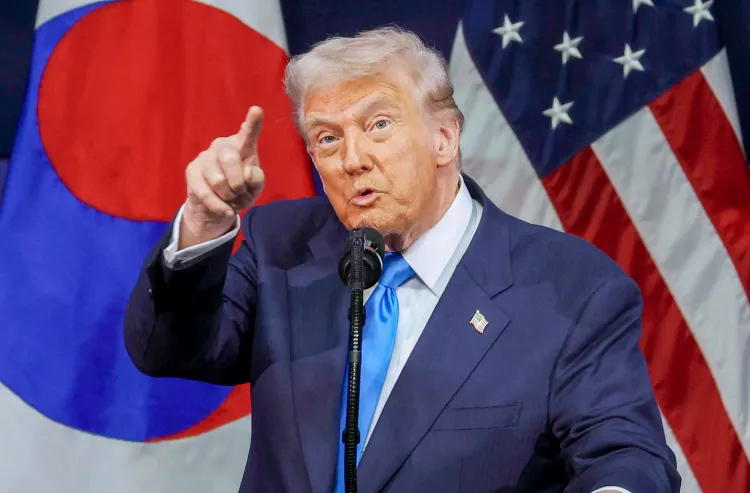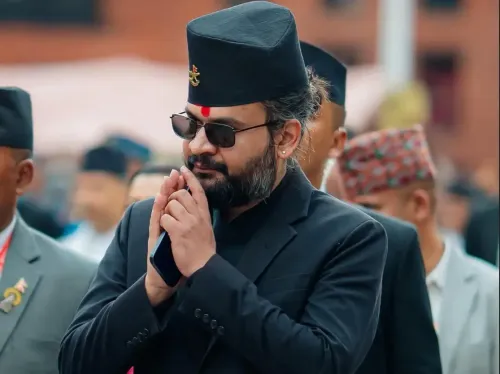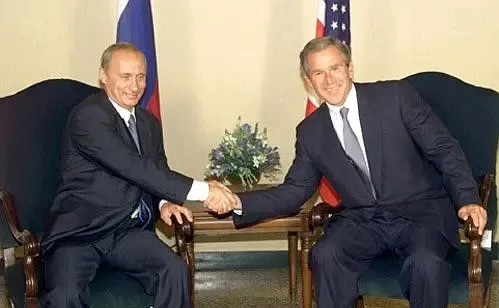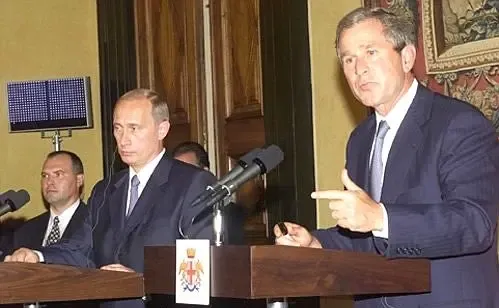Did the Trump Administration Really Launch Over 100 Investigations into the H-1B Visa Program?

Synopsis
Key Takeaways
- 175 investigations launched by the DOL into the H-1B visa program.
- The initiative is part of Project Firewall, targeting companies abusing the visa system.
- American jobs are a priority for the Trump administration in this crackdown.
- Critics warn of potential negative impacts on international relations.
- 70% of approved H-1B visas in 2024 went to India-born workers.
Washington, Nov 7 (NationPress) The U.S. Department of Labor (DOL) has initiated a minimum of 175 investigations aimed at uncovering possible abuses related to the H-1B visa program, as part of a larger initiative by the Trump administration to tighten regulations on the foreign worker visa system, according to a report by Fox News on Friday.
The operation, known as “Project Firewall,” commenced in September and aims to scrutinize companies that are allegedly misusing the visa program, which permits U.S. businesses to hire foreign employees for specialized roles in sectors such as information technology, engineering, and healthcare.
“The Department of Labor is utilizing all available resources to eliminate H-1B misuse and safeguard American jobs,” stated DOL Secretary Lori Chavez-DeRemer in a post on X.
She further mentioned, “Under the guidance of @POTUS, we will persist in investing in our workforce and ensuring that high-skilled job opportunities are prioritized for American workers!”
The White House also shared this news of the investigations, with Press Secretary Karoline Leavitt posting on X, “Trump admin announces over 100 investigations into H-1B abuses while committing 'every resource' to protect U.S. jobs.”
This is the latest step in a series of actions by the Trump administration and Republican leaders aimed at reforming the H-1B visa program.
In September, President Donald Trump signed a proclamation introducing a fee of $100,000 on new H-1B visa applications.
In October, Florida Governor Ron DeSantis directed the state’s Board of Governors to cease the use of H-1B visas in state universities, arguing that positions filled by visa holders should be occupied by Florida residents.
“Why are we employing individuals to assess our accreditation on an H-1B visa? We should be able to do that with our own workforce,” DeSantis remarked, labeling the practice as “cheap labor” and urging university leaders to reconsider hiring policies.
Subsequently, the White House reiterated that President Trump’s primary goal in reforming the H-1B visa program is to prioritize “American workers” and pledged to contest lawsuits against the administration's measures.
The administration's stance on the H-1B visa program has encountered significant opposition from lawmakers and legal challenges, with two major lawsuits filed, including one by the U.S. Chamber of Commerce, the nation’s largest business organization.
On October 30, five U.S. lawmakers addressed a letter to Trump, urging him to reconsider his proclamation from September 19 regarding H-1B visas due to its “potentially negative impacts” on the India-U.S. relationship.
The letter was co-signed by Congressmen Ami Bera, Salud Carbajal, Derek Tran, and Congresswoman Julie Johnson. Notably, no Republican lawmakers signed the letter.
They defended the H-1B program, emphasizing how “many of America’s most successful companies were founded or led by former H-1B holders,” who contribute to “new business creation, job growth, and maintain the United States at the forefront of technological innovation.”
India-born workers received over 70% of the total approved H-1B visas in 2024, primarily due to significant backlogs in approvals and a substantial influx of skilled immigrants from India.










